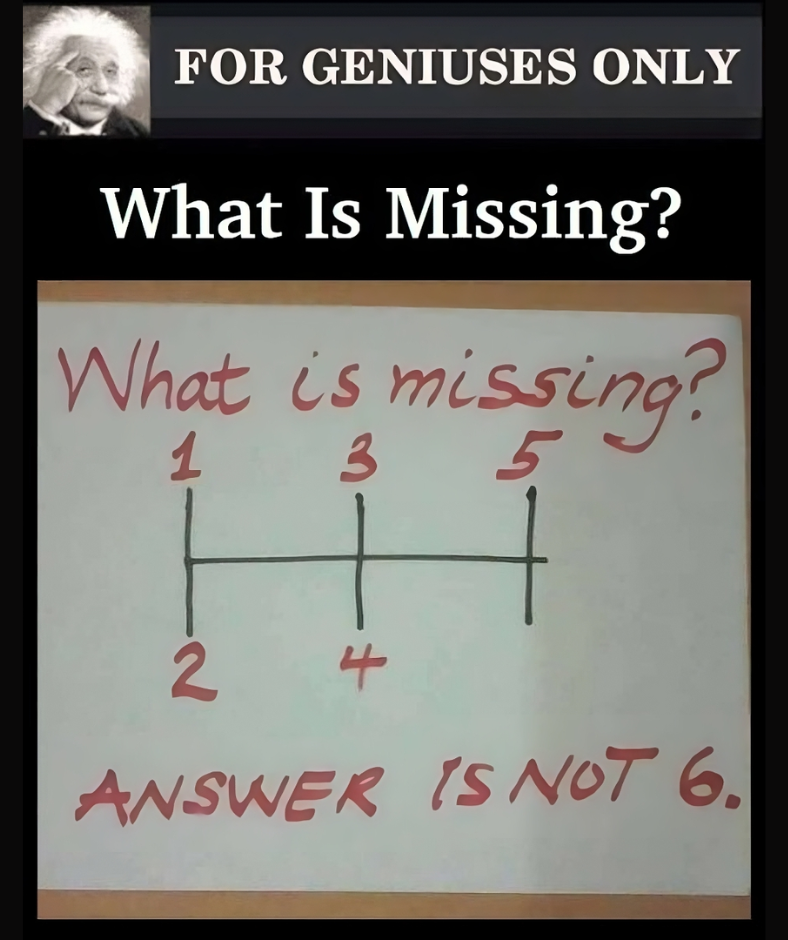Engaging in riddles is a fantastic way to sharpen your cognitive skills. By regularly solving riddles, you enhance your problem-solving abilities, memory retention, concentration, and logical thinking.
Riddles encourage lateral thinking, pushing you to approach challenges with innovative solutions. On an emotional level, they help reduce stress, increase patience, and boost confidence through the sense of accomplishment that comes with solving them. Moreover, riddles are not just an intellectual exercise; they offer entertainment and a fun way to keep your mind active, contributing to mental stimulation and overall well-being.
Consistently working on riddles allows individuals to reap these benefits, fostering both cognitive development and emotional resilience.

Can you find the solution?
Check the answer below:
In this context, consider the missing number as part of the gear sequence in a typical manual transmission. Manual transmissions usually follow a pattern like this:
R (Reverse)
1 (First gear)
2 (Second gear)
3 (Third gear)
4 (Fourth gear)
5 (Fifth gear)
The positions match with gears where the missing number fits into this sequence. The missing gear position is often labeled as “R” for Reverse.
Therefore, in the context of the manual transmission sequence, the missing “gear” is indeed R for Reverse.